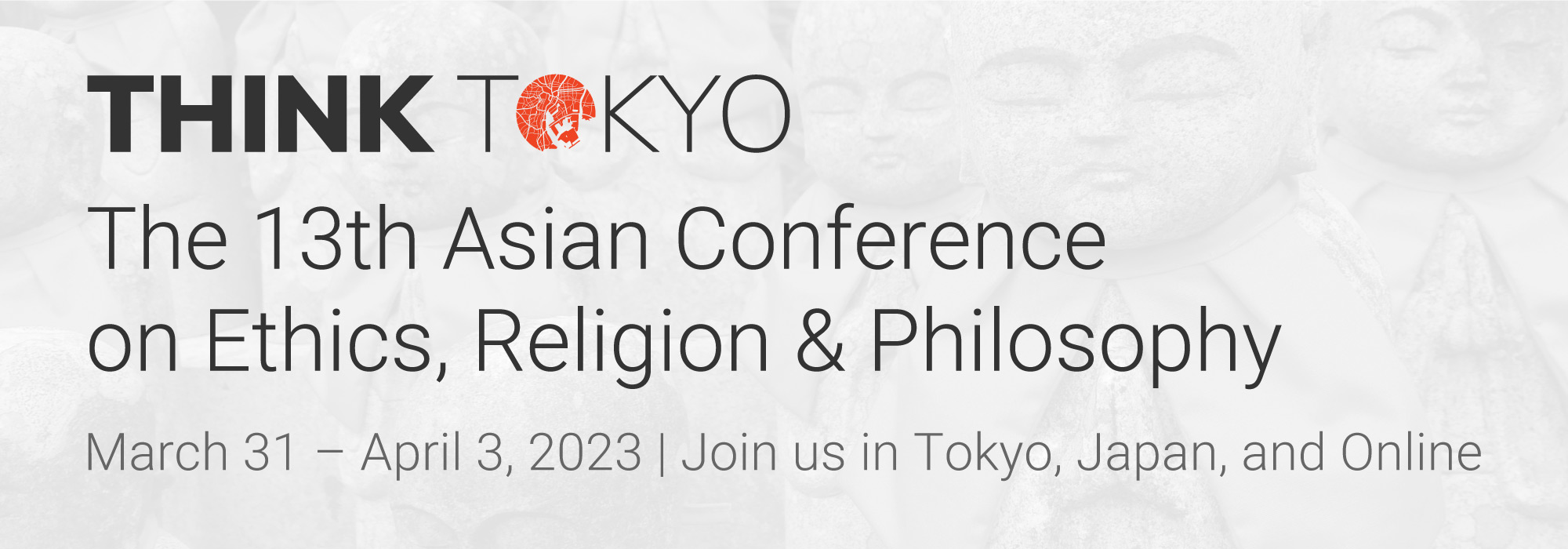Presentation Schedule
Mental Relaxation Techniques as a Therapeutic Intervention for Post-Traumatic Stress Disorder (67534)
Session: On Demand
Room: Virtual Video Presentation
Presentation Type:Virtual Presentation
The widespread occurrence of trauma exposure and its detrimental effects on survivors and society highlight the necessity of secondary prevention of post-traumatic stress disorder (PTSD). PTSD occurs due to direct or indirect exposure to traumatic events, leading to prolonged psychological distress. Its symptomatology ranges from the experience of intrusive thoughts to continued avoidance of stimuli. A few physiological symptoms include heightened arousal and reactivity, which can be observed as rage outbursts, restlessness, reckless behaviour without regard for consequences, hypervigilance, sleep disturbances, and difficulties concentrating. Relaxation techniques have demonstrated considerable amelioration of physiological symptoms of trauma. According to van der Kolk (2002), PTSD treatment must address sensory reminders and help the individual gain bodily control over the triggers evoking traumatic reactions. The use of relaxation techniques may help manage an over-reactive stress response if the individual is cognizant of their triggers and can be ready to react to them. As hypervigilance lessens and focus improves, these strategies may be utilised as a stepping stone to get individuals with PTSD prepared to engage in other evidence-based treatment modalities. In the present review, we aim to explore the efficacy of mental relaxation techniques for treating PTSD. We underscore three mental relaxation techniques (cognitive restructuring, guided imagery, and mindfulness-based interventions) that address physiological aspects of distress. The empirical evidence on the efficacy of mental relaxation techniques is meagre. Still, a growing body of research indicates they are effective approaches for treating PTSD, especially for those individuals who have not been successful with traditional therapies.
Authors:
Arushi Srivastava, Tata Institute of Social Sciences, India
Torsa Chattoraj, Banaras Hindu University, India
About the Presenter(s)
Arushi Srivastava is a research assistant at The University of California, Berkeley & James Cook University, Singapore. She wishes to pursue a PhD in Social Psychology around Culture, Emotions and Well-being.
Connect on Linkedin
https://www.linkedin.com/in/arushisrivastava24
See this presentation on the full schedule – On Demand Schedule





Comments
Powered by WP LinkPress